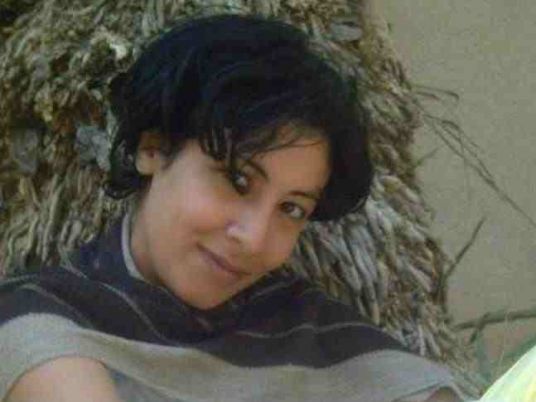Ahmed Maher, general coordinator of the 6 April youth movement, says the regime has taken unprecedented steps toward applying democracy, and political, economic and social reform since the Day of Anger on 25 January. The 6 April movement was the first political movement to call for the 25 January demonstrations.
Maher added however that he will not give up their ultimate demand, which is the fall of Mubarak's regime in Egypt and a peaceful transition of power–without waiting for the end of Mubarak's mandate. Maher pointed out to Al-Masry Al-Youm that 6 April and all other political powers reject foreign intervention in Egypt's internal affairs even if this helps toward achieving their demands.
Here is the text of Al-Masry Al-Youm's interview with Maher:
Al-Masry Al-Youm: How do you view Egyptian youth and political movements after 25 January?
Ahmed Maher: There has been an awakening since Tunisia's events and the toppling of Ben Ali's tyrannical regime. Youth and people started to react upon the event as many committed suicide and set themselves ablaze in front of People's Assembly building. The government accused them of being mentally ill. This caused cries of anger to flow out and become louder till January 25th protest broke out by youth who never participated in political activities before. I believe that youth awakening and political awareness will not fade even after the current regime falls, which is the most important of all gains.
Al-Masry: Did you achieve political reform?
Maher: Steps taken by the government in response to our demands are positive, but I think that they are old demands. The appointment of vice president, dismissing the idea of Mubarak's son inheriting his father's seat, reforming the government, and Mubarak's non-nomination for presidency should have been a natural response to political demands that rose with the rise of the Kefaya movement in 2004. The main demand the 25 January youth are calling for is the fall of Mubarak's regime, besides achieving comprehensive reforms on all levels.
Al-Masry: Why don't you ask the international community to help you achieve these demands?
Maher: Like all Egyptians we reject any foreign intervention in Egypt's internal affairs, except the European union and the UN Security Council, because we believe that change must come from inside, moreover change by foreign powers will take into account western countries' interests and therefore we would not feel the meaning of words such as freedom, democracy and change.
Al-Masry: Some people accuse you of receiving financial support from abroad, are they right?
Maher: Yes, we receive help from outside–from outside of Tahrir square! We receive humanitarian aid like food, water and medical supplies for protesters who haven't left the square since 25 January.
Al-Masry: What about Muslim Brotherhood control of the movement in general and Tahrir Square in particular?
Maher: Yes, there is a large number of Brotherhood supporters and their role is organizing movement inside the square and supporting protesters morally and with physical needs. But this doesn't mean Egypt would accept falling under Islamic control. Egypt is about to become a civil state. The role and presence of a large number of youth and other political movements is effective.
Al-Masry: When do you think life will come back to Tahrir Square?
Maher: When President Mubarak steps down and hands over power to Vice President Omar Suleiman and when the amendment of constitution Articles 76, 77, and 88 takes place before the next presidential elections. The president talked about reform, but all we witnessed were thugs bullying protesters and attacking them on horses and camels–which reflects that he has no intention to reform.
Al-Masry: How do you see the development of events?
Maher: There will be a coalition government running the country for a year till amendments take place, and after that there will be honest presidential elections.

